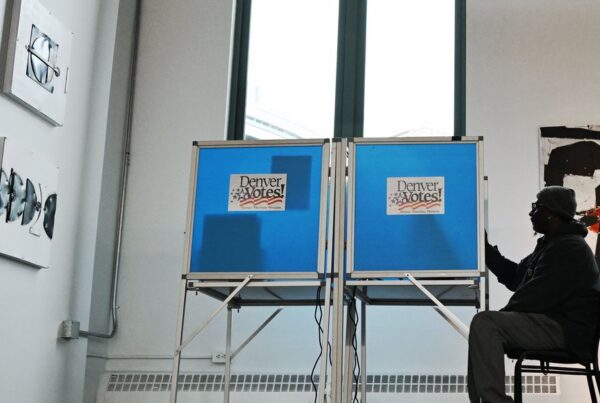| Tony Hwang, Cathy Osten | SFGate: Opinion |
The critical need for RCV is sharply illustrated by the declining voter turnout in our state’s major cities. In the 2023 municipal elections, Bridgeport experienced a turnout of just 19.98 percent, down from 21.98 percent the last time a Mayoral race was held in 2019. Hartford’s scenario is even more concerning, with its turnout plummeting to 13.74 percent, a significant drop from 18.14 percent in 2019. These figures indicate a worrying trend of voter disengagement and also highlight the urgency for electoral reforms that can re-engage and empower voters.
Revitalizing our electoral process
The bipartisan RCV bill we are raising is a carefully considered initiative that offers a constitutional and inclusive approach to revitalizing our electoral process. In an era where public confidence in democratic institutions is waning, as evidenced by Quinnipiac polling where about 70 percent of voters fear for the nation’s democracy, adopting RCV is a vital step toward restoring trust and efficacy in our electoral system.
Numerous studies, such as the one from the University of Utah, have demonstrated RCV’s positive influence on minority voter turnout. For example, the Minneapolis-St. Paul area saw a 9.6% increase in voter turnout after adopting RCV, with the most significant increases occurring in areas with higher poverty rates. The evidence strongly suggests that RCV can invigorate democratic participation, especially in communities that have historically experienced lower voter engagement.




